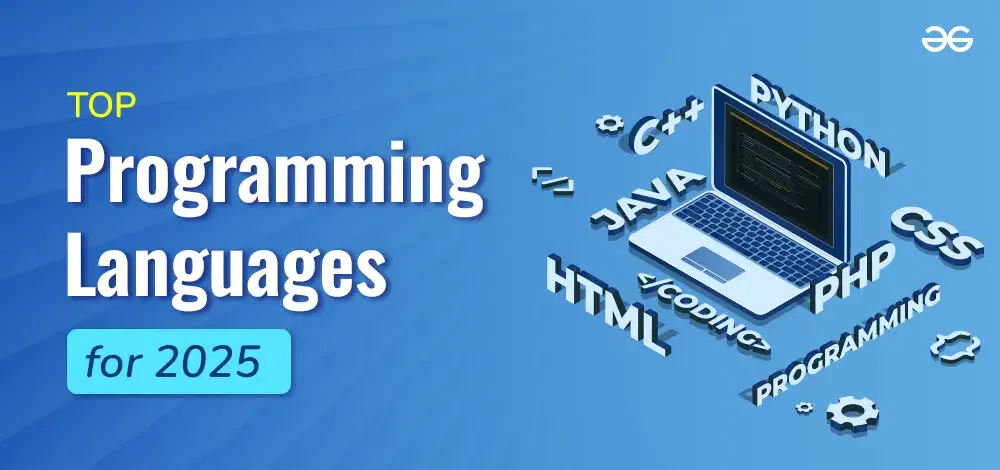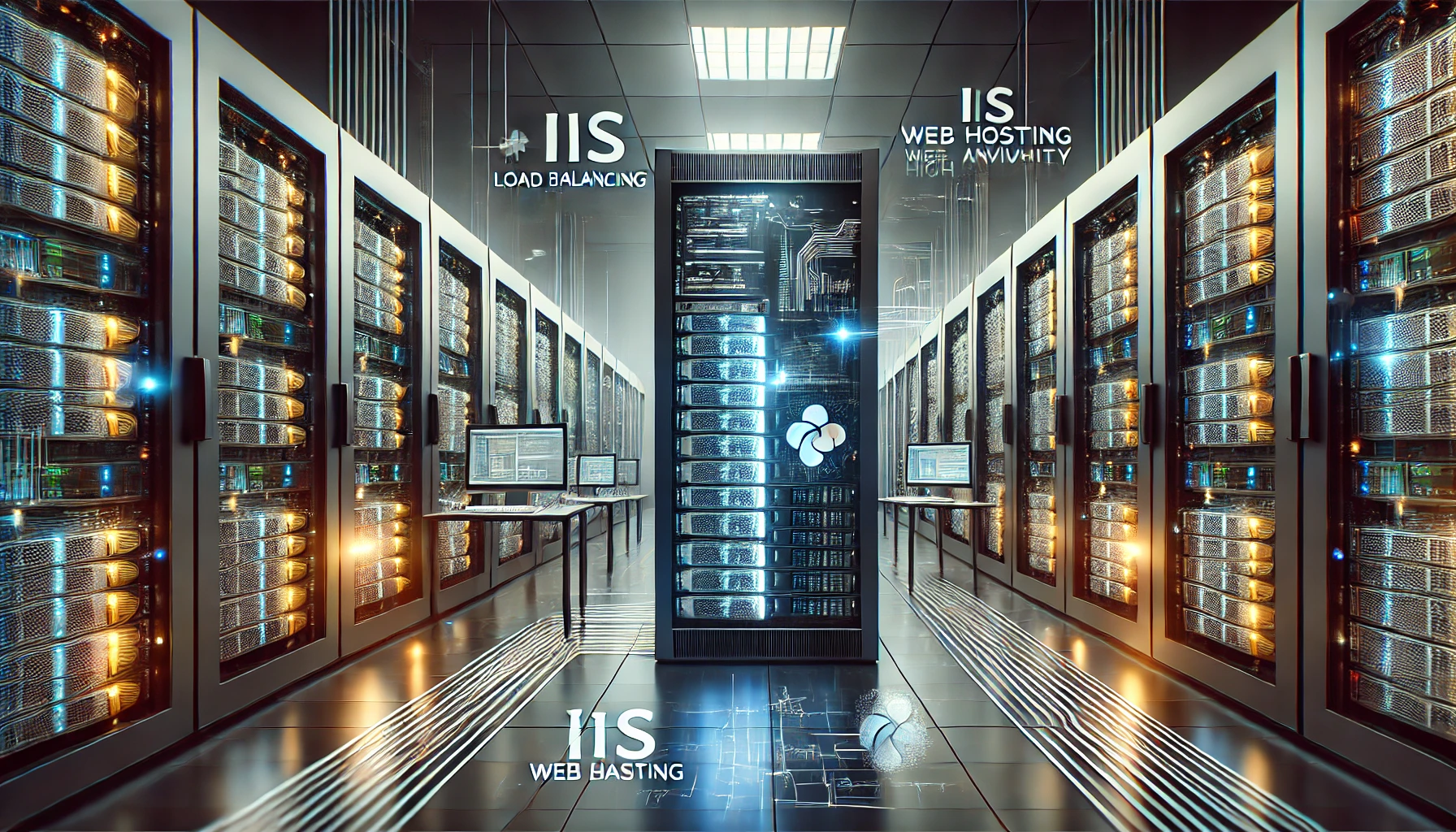What Are the Best Programming Languages to Learn in 2025?
In 2025, the best programming languages to learn offer versatility, industry relevance, and support for emerging technologies. Languages like Python, JavaScript, and Java remain essential due to their widespread use in web development, data science, and enterprise software.Rust and Go provide memory safety and concurrency for those interested in high-performance and system-level programming, making them increasingly popular in backend and infrastructure development.Additionally, Kotlin and Swift are crucial for mobile app development, especially as mobile continues to dominate the digital landscape. As AI, machine learning, and data analysis grow, languages like Python, R, and Julia enable complex analytics and model building.With the rise of blockchain, Solidity and Rust are excellent choices for decentralized applications and smart contracts. Learning these languages provides a strong foundation in essential skills and future-proof expertise for a rapidly evolving tech world.Here are the top 100 programming languages to learn in 2025, categorized by types. This list offers the perfect language to meet your goals in the ever-evolving tech landscape.
General Purpose Languages
1. Python
Python is a high-level, versatile programming language known for its readability and simplicity. Widely adopted in data science, web development, and automation, Python’s large standard library and supportive community make it a favorite for beginners and experts alike.Features:
- Easy-to-read syntax
- Extensive libraries and frameworks
- Supports multiple programming paradigms
Uses: Commonly used in data science, web development, automation, and machine learning applications.
Master Python programming with our expert-led training. Join now and transform your skills into career opportunities! 🎯
2. Java
Java is a popular, object-oriented language valued for its portability and robustness. Known for its "write once, run anywhere" capability, Java remains a top choice for enterprise-level applications and Android development.Features:
- Platform-independent via JVM
- Strong memory management
- Extensive libraries and frameworks
Uses: Used in enterprise applications, Android development, and server-side applications.
3. C
C is a foundational, low-level language that offers direct access to hardware, making it ideal for system programming. With a simple syntax and powerful features, C remains essential for operating systems and embedded systems.Features:
- Low-level memory access
- Small runtime
- High performance and portability
Uses: Commonly used in operating systems, embedded systems, and high-performance applications.
4. C++
C++ builds on C, adding object-oriented features and libraries that make it powerful for both system and application development. Its performance and efficiency are highly valued in real-time and resource-constrained applications.Features:
- Object-oriented programming
- Low-level memory manipulation
- Standard Template Library (STL)
Uses: Used in game development, system software, and high-performance applications like trading systems.
5. C#
Developed by Microsoft, C# is a modern, object-oriented language used primarily for Windows applications. It integrates well with the .NET ecosystem, making it versatile for desktop, mobile, and web applications.Features:
- Rich .NET library support
- Automatic memory management
- Cross-platform via .NET Core
Uses: Used in enterprise applications, game development (Unity), and Windows software development.



![Web Dev Full Stack Course: 10 Best Full Stack Developer Courses [2025]](/static/blogs/6e60d544bdc04c64bab4cad24fead782.jpg)



